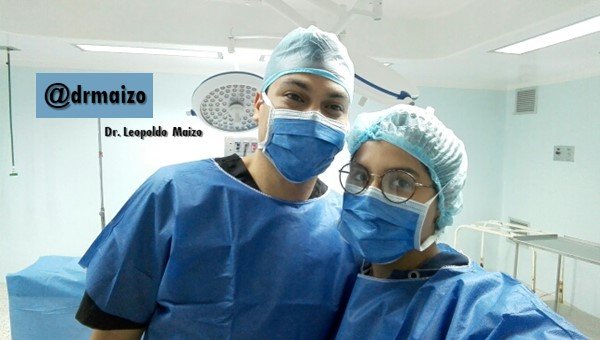
What is an astragalus fracture?
An astragalus fracture is a fractured ankle bone. The talus is the bone in the back of the foot that connects the leg and foot. It joins the two leg bones (tibia and fibula) to form the ankle joint and allows the ankle to move up and down.
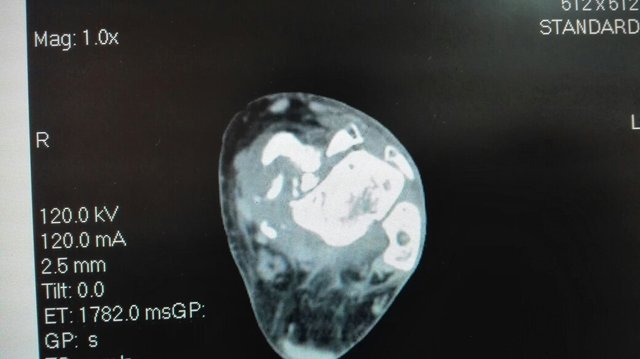
What are the symptoms of an astragalus fracture?
Most patients have pain and swelling around the ankle. They also experience a lot of ankle pain with inability to walk due to bruising and swelling.
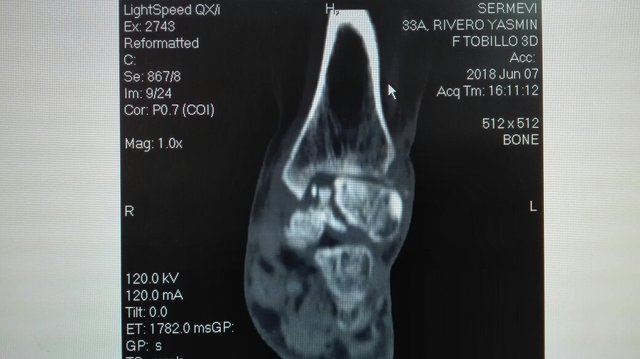
What causes an astragalus fracture?
Astragalus (talus) fractures are usually the result of high-energy injuries. Stair falls and car accidents cause the most serious injuries. However, these fractures can also occur due to a sprained ankle, which can produce small splinters or fragments that separate from the edges of the talus.

Anatomy
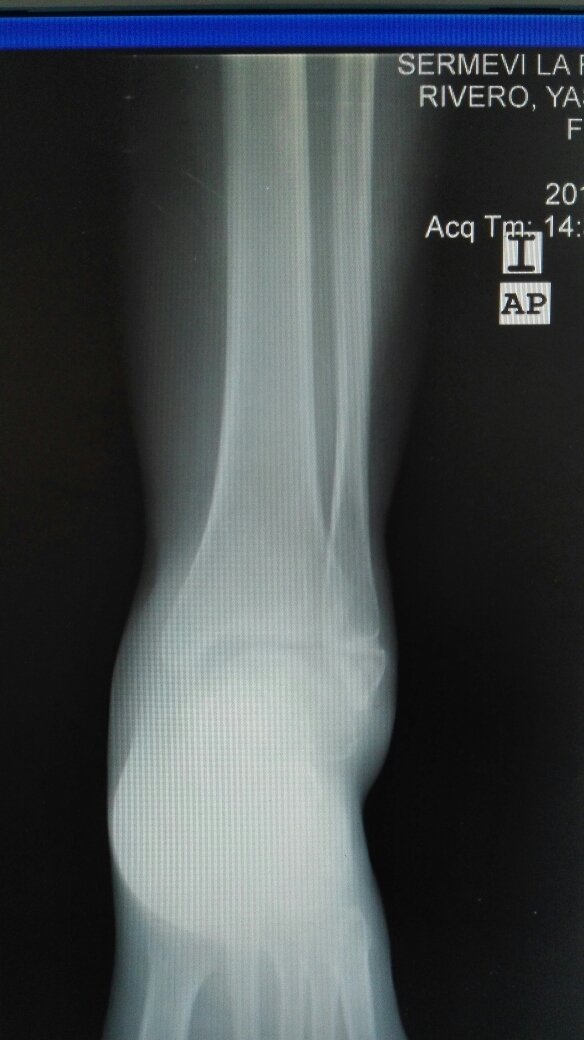
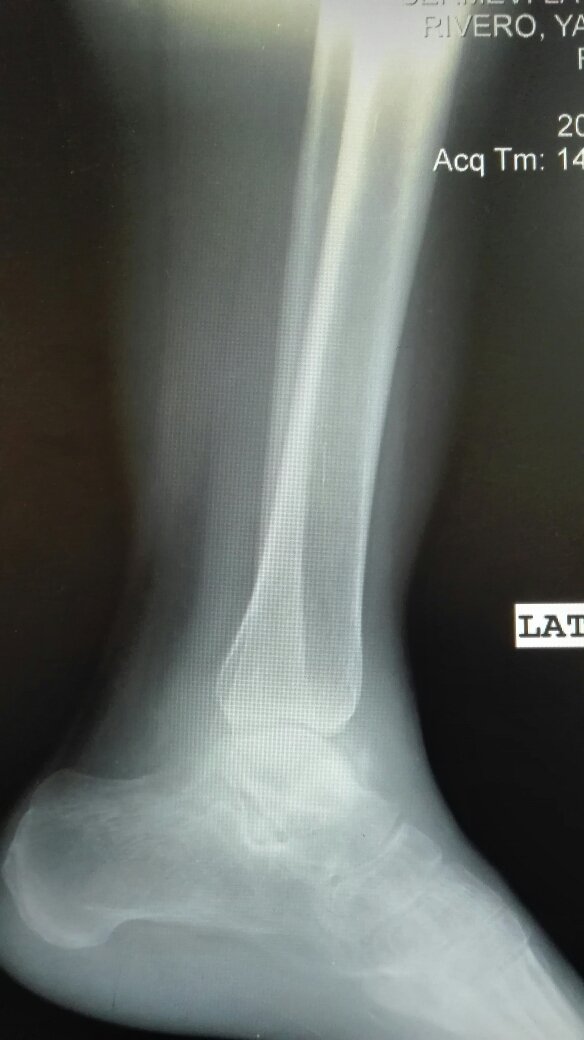
The astragalus (ankle bone) rests on the "mortise" or hinge of the ankle, which is formed by the two leg bones, tibia and fibula. There are three joints: the ankle, which allows movement of the foot with the leg up and down; the subastragaline joint, which allows movement to the sides. And the talonavicular joint, which has a complicated biomechanical function that controls the flexibility of the foot and the arch of the foot. The astragalus has no muscle couplings and is mostly covered by cartilage, making it difficult for the lesions to heal.
How are astragalus fractures diagnosed?
In many cases, your doctor can make the diagnosis with just a physical exam. The doctor will examine your foot for signs of swelling or bruising around the ankle. X-rays are taken to help understand how involved the joint is and to show the location and size of bone fragments. A specialized x-ray, called a computed tomography (CT) scan, is often ordered to give your doctor more information about the fracture. Because of the high energy usually associated with these injuries, your doctor may also want to examine you for other injuries involving the back, neck, head, and other limbs.

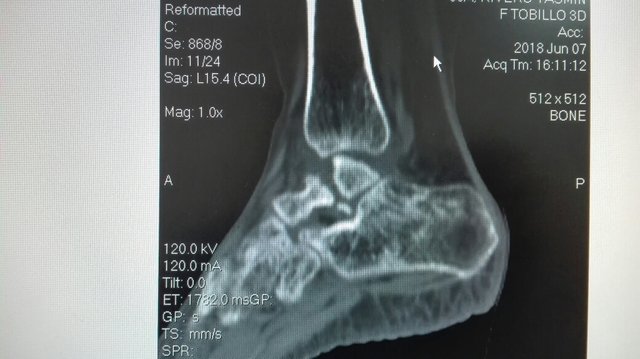
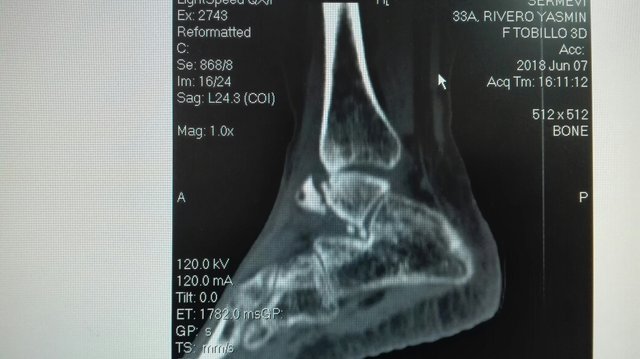
What are the treatment options?
Astragalus fractures may be treated with a cast or surgery may be recommended.
Non-Surgical Treatment
Non-surgical treatment is recommended for fractures in which bone fragments were kept close together and joint surfaces are well aligned. Patients who smoke or have diabetes or poor circulation may receive non-surgical treatment due to the high risk of developing complications if surgery is performed.
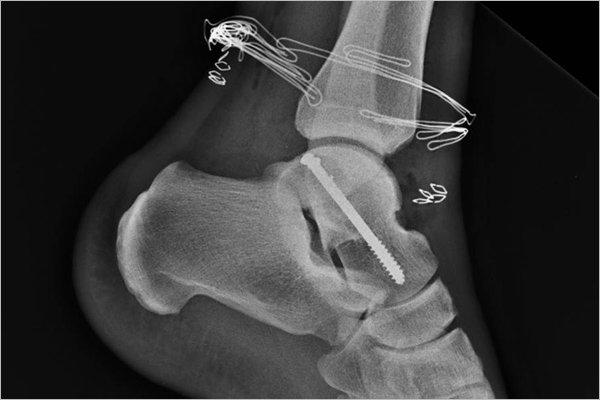
Surgical Treatment
For most patients, surgical treatment is the correct form of treatment. The goal of surgery is to restore the size and shape of the talus. Occasionally, this is a problem because multiple bone fragments are like putting together pieces of a difficult puzzle.
If the bone has many large pieces, your foot and ankle orthopedic surgeon may perform an open reduction and internal fixation (RAFI). The procedure involves making a cut on the outside of your foot and placing a metal plate or screws to hold the bones until it heals. The procedure allows for maximum recovery of foot movement in and out.
How long does it take to recover?
Recovery may be prolonged. You cannot put weight on your leg or walk for eight to 12 weeks. Once the bone heals, exercise and physical therapy are started to maximize ankle function. Swelling around the foot is normal for several months after the procedure.
This injury can be very debilitating with persistent pain, stiffness and swelling, even after excellent non-surgical or surgical treatment. However, most people, depending on the type and severity of the fracture, can return to most work and recreational activities.
Possible Complications
Astragalus fractures are fairly serious fractures and can cause long-term problems in the foot and ankle. There are early and late complications.
- Early Complications
Early complications are most commonly related to significant swelling that can occur after these injuries, which can lead to wound problems and infection. Smokers, diabetics, and those with poor circulation are at increased risk for these complications.
- Late Complications
Late complications are usually related to the severity of the initial injury. Most people experience some level of stiffness in the upward and downward movement of the ankle. When the blood supply to the talus is damaged, this can lead to bone death, a condition called avascular necrosis (ABN). This condition can cause major deformities and arthritis, and requires more surgery.

If you need recommendations or help in orthopedic surgery and traumatology do not hesitate to contact me.
Dr. Leopoldo Maizo - Orthopedic Surgeon

If you want to read more I invite you to visit my page:
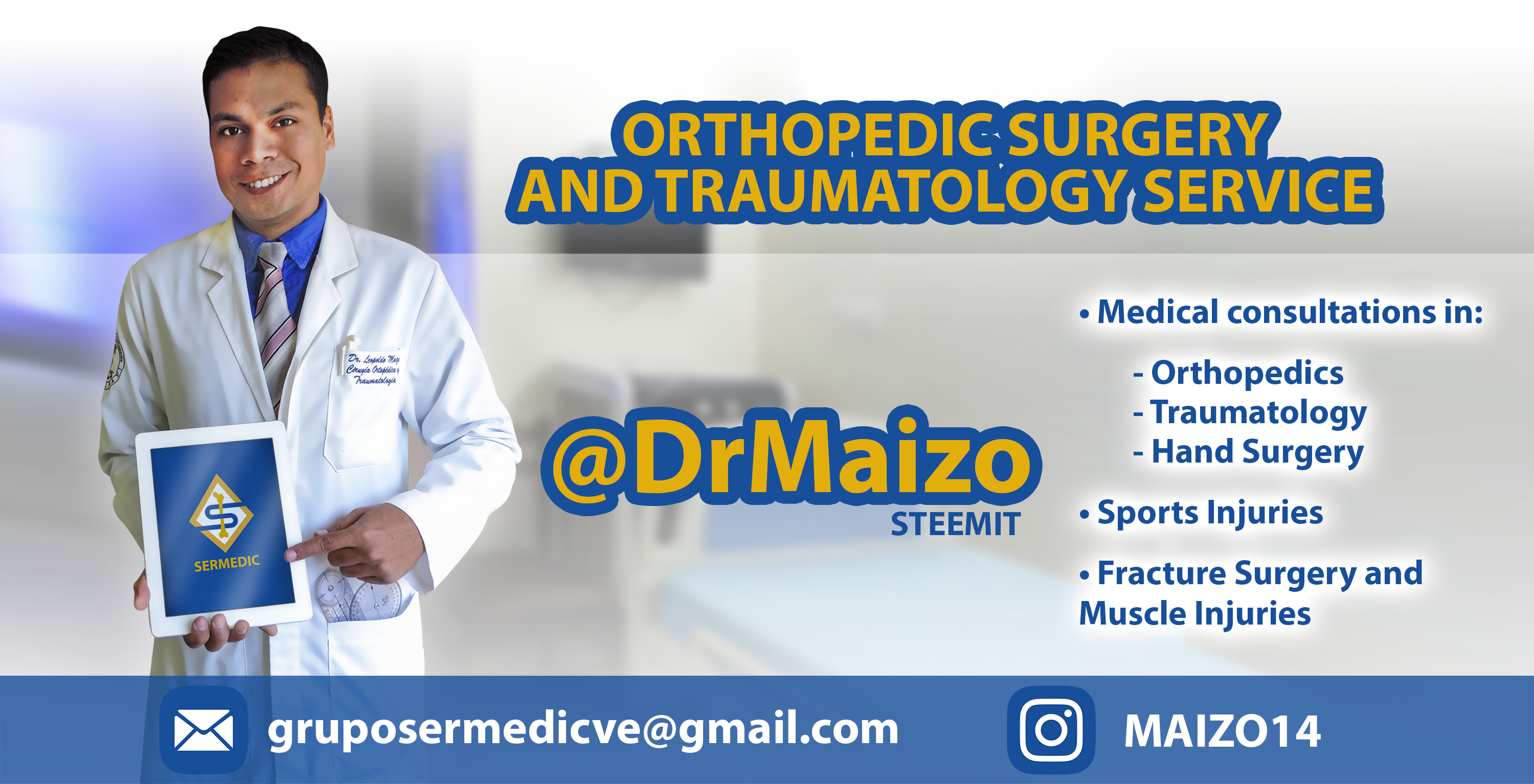
Firma diseñada por @themonkeyzuelans, contáctalos vía Discord "themonkeyzuelans#9087"
Great projects from the Steemit community:
- My Fundition campaign: https://fundition.io/#!/@drmaizo/6f88ggj8h



.png)
Thank you Dr. Leopoldo Maizo for this informative article. orthopedics really needs experts like you.
Astragalus fractures are one thing to avoid. The talas is a very important bone. I imagine the pain and swelling one goes through when it breaks. One cannot even stand on his or her own. Then a wheel chair will be the best companion that time.
We should really watch the way we move(walking and running) to avoid accidents such as falling on the staircases. This more important for kids who are playful.
There are two things I am inquiring about this fracture. First of all if the bone breaks into pieces, don't the broken pieces cut the blood vessels in that region and cause bleeding and then don't some particles get into the blood stream and cause more damage?
secondly how possible is it to identify all the broken pieces during surgery; supposing the ankle bone breaks into 50 tiny pieces ?
Downvoting a post can decrease pending rewards and make it less visible. Common reasons:
Submit
Thank you very much for your comment friend @techmillion. The truth is that your doubts are very interesting:
With regard to the first question: Indeed the circulation is interrupted in most fractures, they tend to break and bleed blood vessels, fortunately almost always there are other neighboring arteries that replace these functions, (something that does not happen with the astragalus bone, and therefore should be operated as soon as possible). There is no risk of anything harmful happening to the bloodstream except for a thrombus, but it usually occurs in fractures of large bones such as the femur at the hip or knee, so anticoagulants must be given.
And finally, when the fractures are many fragments (comminuted) we usually perform CT-SCAN to determine the largest fragments, usually the goal is to maintain the alignment of the bones, often these types of fractures heal better than simple fractures but do not believe it.
Thank you for your interest, a hug for you. :D
Downvoting a post can decrease pending rewards and make it less visible. Common reasons:
Submit
Very good information, I think we all take our mobility for granted.
Downvoting a post can decrease pending rewards and make it less visible. Common reasons:
Submit
Thank you @preppervetuk!! :D
Downvoting a post can decrease pending rewards and make it less visible. Common reasons:
Submit
Congratulations! Your post has been selected as a daily Steemit truffle! It is listed on rank 4 of all contributions awarded today. You can find the TOP DAILY TRUFFLE PICKS HERE.
I upvoted your contribution because to my mind your post is at least 5 SBD worth and should receive 141 votes. It's now up to the lovely Steemit community to make this come true.
I am
TrufflePig, an Artificial Intelligence Bot that helps minnows and content curators using Machine Learning. If you are curious how I select content, you can find an explanation here!Have a nice day and sincerely yours,

TrufflePigDownvoting a post can decrease pending rewards and make it less visible. Common reasons:
Submit
Thank you!! :D
Downvoting a post can decrease pending rewards and make it less visible. Common reasons:
Submit
This project is being supported by @Fundition
Fundition is a next-generation, decentralized, peer-to-peer crowdfunding and collaboration platform, built on the Steem blockchain.
#upfundition and #fundition tags on Steem represent the projects that are started on https://fundition.io.
Are You Prepared to Make the World a Better Place too?
Read the full details of Fundition Fund program
Learn more about Fundition by reading our purplepaper
Join a community with heart based giving at its core
Downvoting a post can decrease pending rewards and make it less visible. Common reasons:
Submit
Thank you!! :D
Downvoting a post can decrease pending rewards and make it less visible. Common reasons:
Submit
Downvoting a post can decrease pending rewards and make it less visible. Common reasons:
Submit